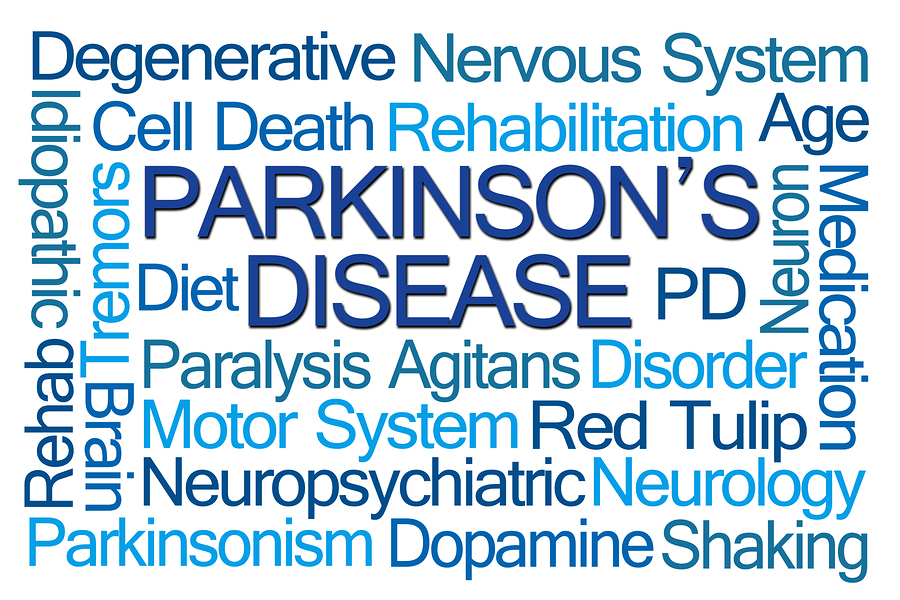
Over 10 million people worldwide are diagnosed with Parkinson’s disorder or PD. This disease is more likely in older adults after the age of 50 but not always. 4% of people who are diagnosed are under 50 years older. In the United States, around 60,000 Americans are diagnosed with Parkinson’s every year. It can be a shocking diagnosis, and it may not even seem like anything is wrong with the senior or loved one. There are five stages to Parkinson’s disease, and many seniors diagnosed with this disease will need elderly care help.
Why does it take so long to diagnose? The longer symptoms are present, the more likely it will become easier to diagnose. The symptoms do not appear all at once, and the first stages are often hard to pick up.
If your loved one has recently become diagnosed with PD, you will want to learn each stage and how elder care may be the best option. The truth is, many families have kids, work, and other life events that take away from them being able to help a senior. Even if a senior lives on their own, it will change with the progression of the disease. It will be crucial to gather outside help and have an elderly care specialist be at home with your loved one.
5 Stages of Parkinson’s Disease and Elderly Care Support
Each stage will have different symptoms to pay attention to. As the disease progresses, the job and duties of an elderly care provider will constantly change. A senior will need love and support throughout all stages of this disease. Here is what you can expect with each stage of PD.
Stage One
During this stage, you may notice your loved one having poor posture and slight tremors. This may look like it is from aging, and if the doctor has yet to diagnose a patient, it could be swept under the rug. However, an elderly care assistant should take note of tremors, posture, and facial changes.
Stage Two
The symptoms will get worse and more obvious. The seniors may still be able to live independently, but it will be time to start talking about eldery care if there is not yet anything in place. Walking will become more of a problem, and muscle stiffness may keep seniors from doing what they used to.
Stage Three
At this stage, falls are incredibly common, and the seniors will need in-home care. This can be from family or caregivers. They will move much slower than before and lose their balance more often than before the disease. It can start getting scary at this point.
Stage Four
This is when a senior will be very limited by what they can do. They may need a walker or some other way to help them get around. If a senior still does not have elderly care, it is time to get someone in to help with daily activities.
Stage 5
It is the most severe stage. Due to the stiffness in the legs, it may be impossible to walk or move around. They may need a wheelchair to get around, or they may not be able to get out of bed at all. Often, families may choose 24-hour care or a senior home at this stage.
Sources: https://www.parkinson.org/Understanding-Parkinsons/Statistics
https://www.parkinson.org/Understanding-Parkinsons/What-is-Parkinsons/Stages-of-Parkinsons

